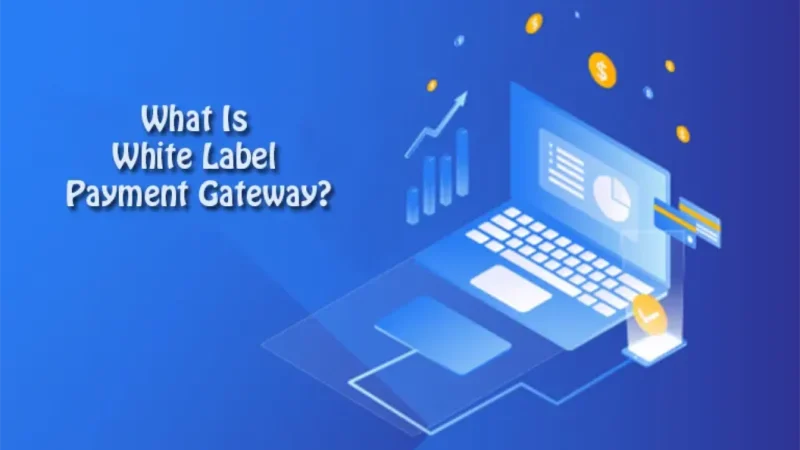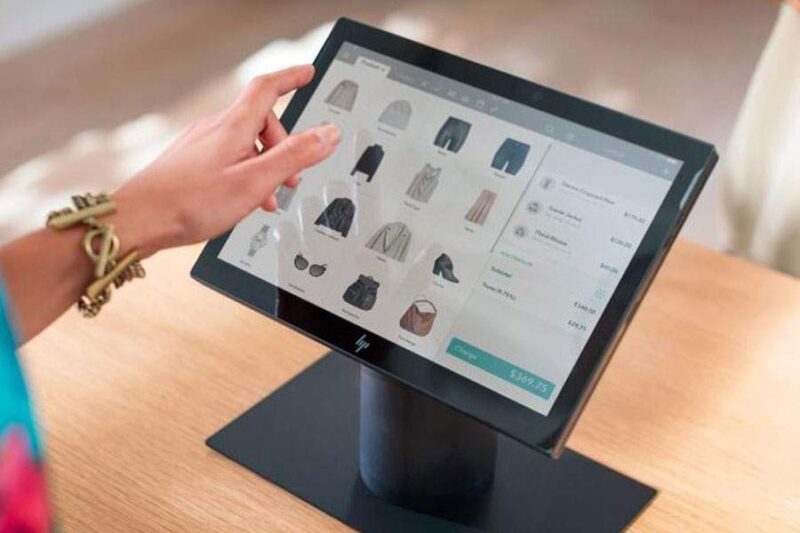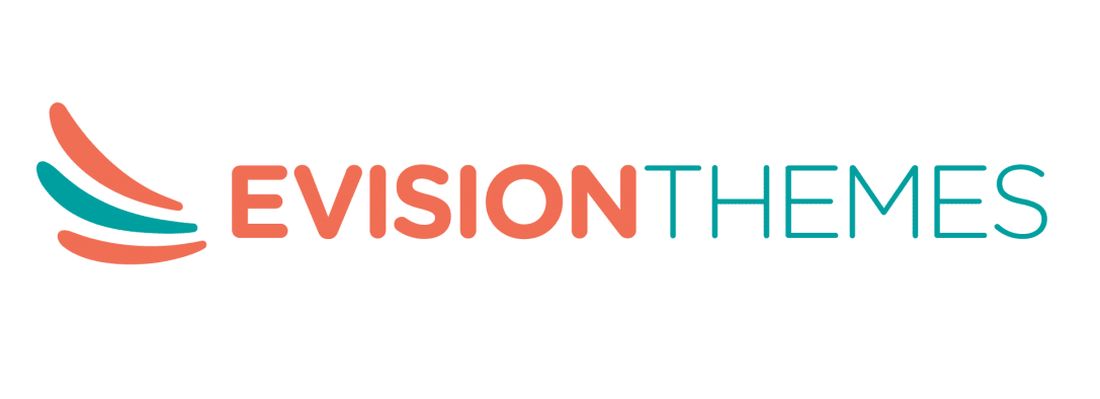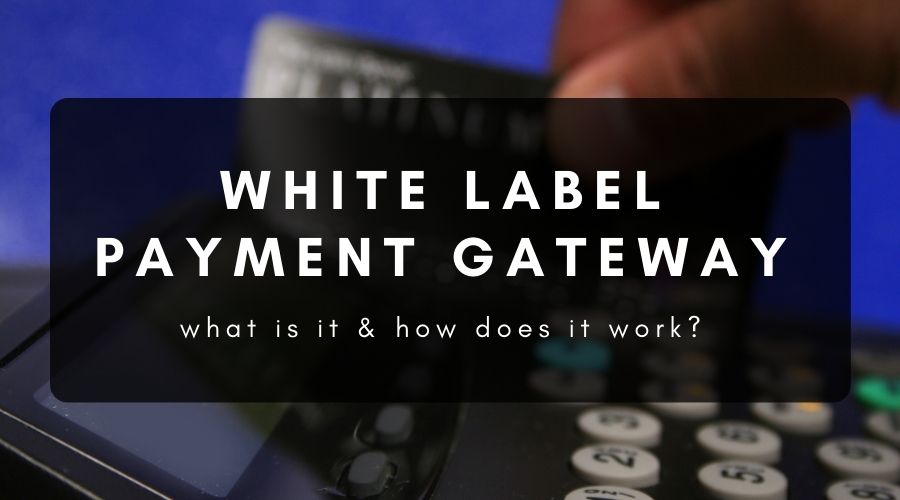In the realm of digital transactions, a white label payment gateway reigns supreme, providing a versatile and seamless solution for businesses seeking a personalized payment processing experience. This innovative financial tool allows enterprises to embrace customization and maintain brand integrity.
A white label payment gateway empowers businesses to streamline their payment processes, offering customers a frictionless experience while ensuring the utmost security. This proprietary system allows companies to tailor their payment interfaces, inject their unique branding elements, and deliver a consistent user journey.
What Is a White Label Payment Gateway?

Demystifying the Concept
A white label payment gateway is a versatile financial solution that empowers businesses to tailor their payment processing systems while preserving their brand identity. This innovative tool allows companies to seamlessly integrate payment processing into their websites or applications, offering customers a consistent and secure transaction experience.
Customization at Its Core
One of the defining features of a white label payment gateway is its adaptability. Businesses can inject their unique branding elements into the payment interface, ensuring that the customer journey remains cohesive with the company’s image and values. This level of customization is a game-changer in today’s competitive market.
Enhanced Trust and Loyalty
By opting for a white label payment gateway, businesses can bolster customer trust and loyalty. A seamless payment experience, combined with a branded interface, instills confidence in customers and encourages repeat business. It’s a testament to the significance of customer experience in the digital age.
Staying Ahead in the Game
In conclusion, a white label payment gateway is not merely a financial tool; it’s a strategic asset. It empowers businesses to differentiate themselves in a crowded market, enhance customer relationships, and maintain a competitive edge. Understanding its potential is the first step towards harnessing its benefits in the world of digital commerce.
Benefits of Using White Label Payment Gateways

In the ever-evolving landscape of digital commerce, businesses are constantly seeking ways to enhance efficiency, security, and customer satisfaction. Embracing a white label payment gateway offers a multitude of benefits that can redefine how companies handle their financial transactions. Let’s delve into these advantages:
- Branding Consistency: With a white label payment gateway, businesses can maintain a consistent brand identity throughout the payment process. Customizing the interface ensures that every interaction aligns with the company’s image and messaging.
- Enhanced Security: Security is paramount in online transactions. White label gateways come equipped with robust security features, safeguarding sensitive customer data and mitigating the risk of fraud.
- Flexibility and Scalability: These gateways are highly adaptable, allowing businesses to scale their payment processing capabilities as they grow. Whether handling a handful of transactions or thousands, white label solutions can accommodate the evolving needs of a business.
- Competitive Edge: By offering a seamless and branded payment experience, businesses gain a competitive advantage. Customers are more likely to trust and return to a company that provides a user-friendly and secure payment process.
- Analytics and Insights: White label payment gateways often include analytical tools that provide valuable insights into customer behavior and transaction trends. This data can inform strategic decisions and help optimize the payment process.
- Cost-Effective: Implementing a white label gateway can be cost-effective compared to building a custom payment solution from scratch. It reduces development time and associated expenses.
- Compliance and Regulations: White label gateways stay up-to-date with industry regulations and compliance standards, ensuring businesses remain in adherence to the latest requirements without the need for constant updates.
- Global Reach: Many white label gateways support international payments, allowing businesses to expand their customer base across borders with ease.
The inner workings of a white label payment gateway are a fascinating blend of technology, security, and seamless user experience. To grasp the essence of this financial tool, let’s explore how it operates:
1. Integration with Business Platforms

A white label payment gateway begins its journey by seamlessly integrating with a business’s website or application. This integration is achieved through APIs (Application Programming Interfaces) or SDKs (Software Development Kits). It allows the gateway to become an integral part of the user interface, ensuring a cohesive payment experience.
2. Customer Initiation
When a customer initiates a payment, the white label gateway takes center stage. It captures the transaction details, including the payment amount, currency, and other relevant information. The customer’s input is securely transmitted to the gateway.
3. Payment Processing
Upon receiving the transaction data, the white label payment gateway undertakes a series of complex processes. It verifies the customer’s payment method, encrypts the data for security, and communicates with the payment processor to authorize the transaction.
4. Authorization and Verification
Authorization is a critical step. The gateway communicates with the customer’s bank or financial institution to ensure that the payment method is valid and has sufficient funds. It also verifies the transaction against anti-fraud measures.
5. Seamless User Experience

Throughout this process, the customer experiences a seamless, branded payment interface that aligns with the business’s identity. This is a key feature of a white label gateway, ensuring a consistent user journey.
6. Transaction Completion
Once the payment is authorized and verified, the white label payment gateway completes the transaction. It generates a confirmation for both the customer and the business, providing transparency and peace of mind.
7. Reporting and Analytics
White label gateways often offer reporting and analytics tools. They provide businesses with insights into transaction trends, customer behavior, and other valuable data that can inform decision-making and optimize the payment process.
The versatility of white label payment gateways extends across a spectrum of industries, revolutionizing the way businesses handle financial transactions. Here’s a glimpse into the myriad use cases and sectors that reap the rewards of this cutting-edge technology:
1. E-Commerce Giants
In the realm of e-commerce, where online payments are the lifeblood, white label payment gateways seamlessly integrate into shopping carts, ensuring secure and branded transactions. They empower e-commerce giants to provide a frictionless purchasing experience, enhancing customer trust and satisfaction.
2. Retail and POS Systems

Brick-and-mortar retailers and point-of-sale systems embrace white label gateways to facilitate in-store payments. These gateways enable contactless, card-present, and mobile payment options, simplifying the checkout process and improving customer convenience.
3. Subscription Services
Subscription-based businesses, such as streaming platforms and software-as-a-service providers, rely on white label gateways to automate recurring payments. This ensures uninterrupted service for subscribers while optimizing revenue streams.
4. Travel and Hospitality
The travel and hospitality industry leverages white label gateways to process bookings, reservations, and payments for flights, hotels, and more. These gateways enable secure and efficient transactions, contributing to a seamless travel experience.
5. Healthcare and Telemedicine
In the healthcare sector, white label gateways facilitate online payments for medical services, telemedicine consultations, and prescription orders. Patients can confidently make payments while safeguarding their sensitive healthcare data.
6. Online Marketplaces

Online marketplaces use white label gateways to facilitate transactions between buyers and sellers. These gateways ensure secure escrow services, enabling safe and efficient exchanges of goods and services.
7. Nonprofits and Fundraising
Nonprofit organizations and fundraising initiatives utilize white label gateways to accept donations and contributions securely. These gateways simplify the process of supporting charitable causes, making it convenient for donors.
8. Gaming and Entertainment
Gaming companies and entertainment platforms rely on white label gateways to process in-game purchases, ticket sales, and digital content downloads. They ensure a smooth and secure payment experience for users.
9. Financial Services
Fintech companies and financial institutions use white label gateways to offer a wide range of financial products and services, including online banking, wealth management, and peer-to-peer payments. These gateways enhance user experience and security.
10. Education and E-Learning

In the education sector, white label gateways facilitate tuition payments, course enrollment, and subscription-based e-learning platforms. They simplify financial transactions for students and institutions alike.

